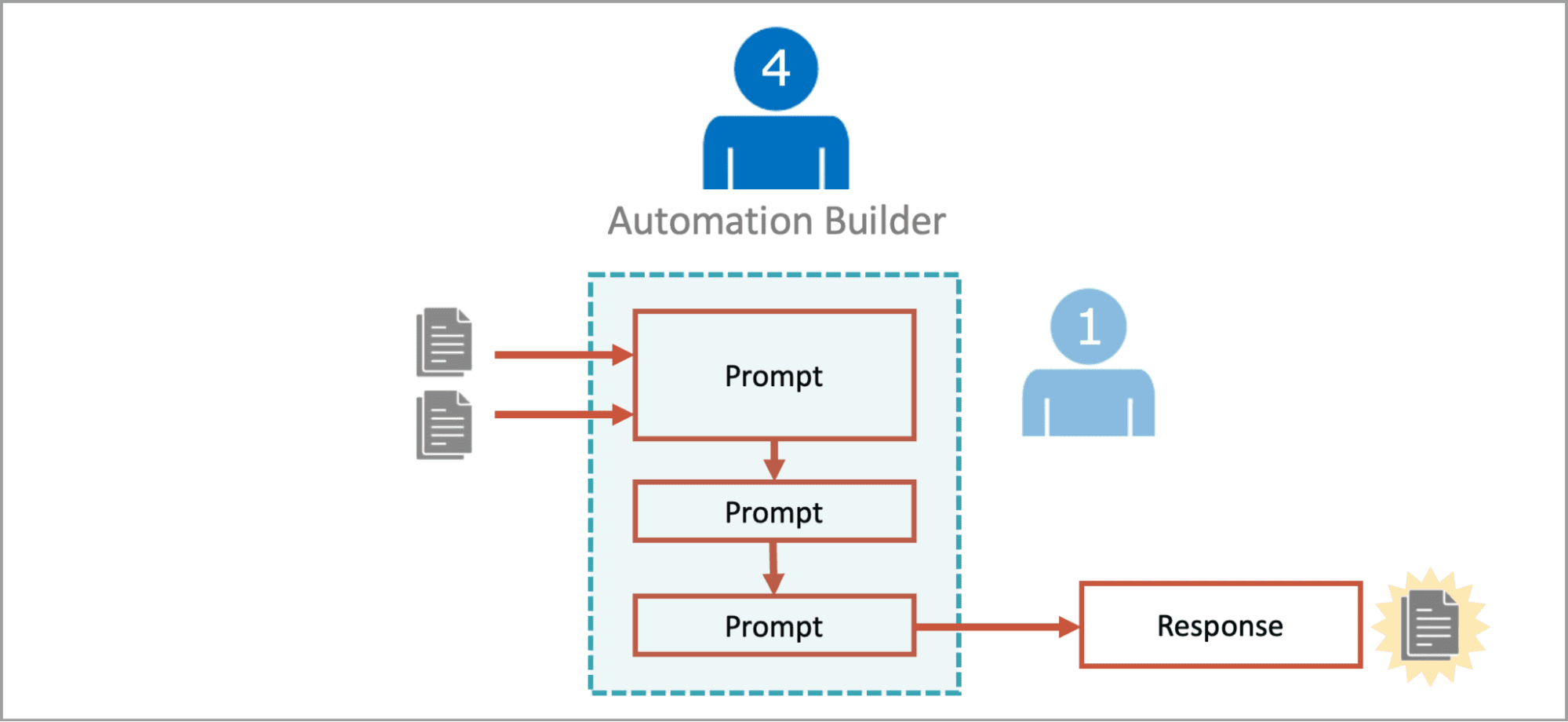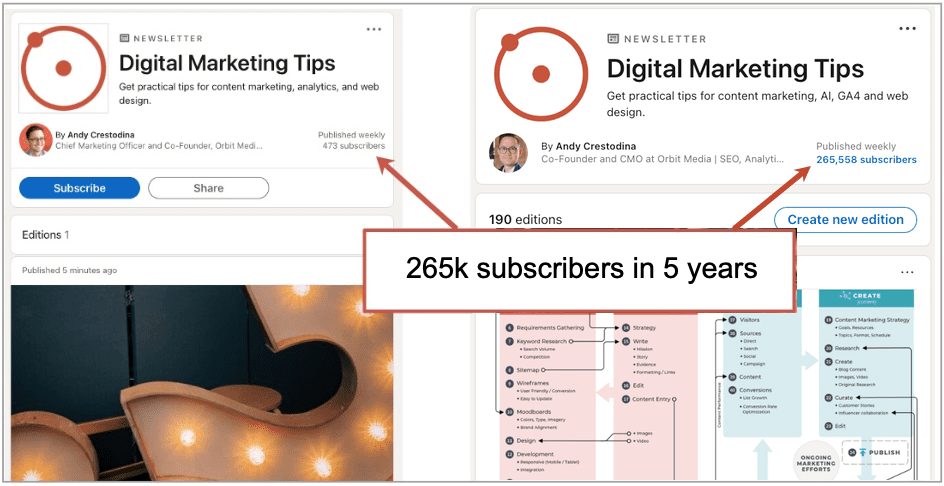Enhancing Customer Experience with Queue Management Systems
Implementing a Queue Management System is no longer a luxury but a necessity for businesses aiming to enhance customer satisfaction and operational efficiency. From reducing wait times to providing valuable insights, a QMS transforms the service experience for both customers and staff. As demonstrated in Riyadh and across Saudi Arabia, the adoption of QMS across various sectors underscores its pivotal role in modern service delivery.

Introduction
In today's fast-paced world, customer satisfaction hinges on efficiency and convenience. Long wait times can lead to frustration, lost sales, and a tarnished brand image. Enter the Queue Management System (QMS)—a technological solution designed to streamline customer flow, reduce waiting times, and enhance overall service delivery. This blog delves into the significance of QMS, with a spotlight on its implementation in Riyadh and across Saudi Arabia.
What is a Queue Management System?
A Queue Management System is a set of tools and processes that manage customer flow in service environments. It encompasses hardware and software components that organize queues, allocate resources efficiently, and provide real-time updates to both customers and staff. By digitizing the queuing process, businesses can offer a more organized and satisfactory customer experience.
Benefits of Implementing a Queue Management System
1. Reduced Waiting Times
One of the primary advantages of a QMS is the significant reduction in customer waiting times. By efficiently managing queues and service counters, businesses can serve more customers in less time. Studies have shown that a QMS can decrease customer waiting times by up to 50%, ensuring a smoother service process.
2. Enhanced Customer Experience
Customers appreciate fast and organized service, leading to higher satisfaction and brand loyalty. A QMS provides real-time updates, estimated wait times, and clear instructions, which collectively enhance the customer journey.
3. Optimized Staff Productivity
With a QMS in place, employees can focus on service delivery instead of managing chaotic queues. This leads to better resource allocation, reduced stress, and improved overall productivity.
4. Real-Time Queue Monitoring & Reporting
A QMS provides analytics on customer flow, service efficiency, and peak hours. These insights enable businesses to make informed decisions, adjust staffing levels, and improve service strategies.
5. Compliance with Safety & Social Distancing
In the post-pandemic era, maintaining social distancing is crucial. Digital queuing systems help reduce overcrowding, ensuring compliance with health guidelines and enhancing customer safety.
Queue Management System in Riyadh
As the capital of Saudi Arabia, Riyadh is a hub for business, government services, healthcare, and retail. Many organizations have integrated queue management solutions to handle the high number of daily visitors.
Industries Utilizing QMS in Riyadh
Government Offices & Visa Centers
Institutions like Jawazat (General Directorate of Passports), MOFA, and Civil Affairs offices use QMS solutions to efficiently manage long queues for documentation services.
Banks & Financial Services
Leading banks such as Al Rajhi Bank, Samba Bank, and Riyad Bank use token-based queue systems to organize customer service.
Healthcare & Hospitals
Hospitals like King Faisal Specialist Hospital and King Fahd Medical City have deployed QMS solutions to manage patient appointments and pharmacy queues.
Telecom & Customer Service Centers
Telecom companies such as STC, Mobily, and Zain use queue management software for customer service efficiency.
Shopping Malls & Retail Stores
Malls like Riyadh Park Mall and Al Nakheel Mall use queue management for checkout lines, food courts, and service desks.
Queue Management System in Saudi Arabia
Across Saudi Arabia, businesses and public institutions are rapidly implementing queue management technology to enhance customer service and operational efficiency.
Industries Benefiting from QMS in Saudi Arabia
Airports & Transportation
Saudi airports, including King Khalid International Airport (Riyadh) and King Abdulaziz International Airport (Jeddah), use queue management systems to manage security, immigration, and check-in processes.
Malls & Hypermarkets
Popular retail chains like Carrefour, Panda, and Danube use QMS to minimize checkout waiting times and improve service speed.
Hospitals & Healthcare Centers
Saudi Arabia’s Ministry of Health has introduced digital queue systems in government and private hospitals to manage patient flow.
Banks & Financial Institutions
Banks across Saudi Arabia use queue management software to optimize branch operations and improve customer service.
Hajj & Umrah Services
With millions of pilgrims visiting Mecca and Medina, queue management solutions help regulate entry, accommodation, and transportation.
Key Features to Look for in a Queue Management System
When selecting a QMS, consider the following features:
User-Friendly Interface
The system should be intuitive for both customers and staff, ensuring seamless operation.
Customization Options
Look for a QMS that can be tailored to your specific business needs, including branding and service types.
Integration Capabilities
Ensure the system can integrate with your existing software and hardware, such as CRM systems and digital signage.
Real-Time Updates
The system should provide real-time updates on queue status and service progress to keep customers informed.
Analytics and Reporting
Choose a QMS with robust analytics tools to track performance, identify bottlenecks, and make data-driven decisions.
Conclusion
Implementing a Queue Management System is no longer a luxury but a necessity for businesses aiming to enhance customer satisfaction and operational efficiency. From reducing wait times to providing valuable insights, a QMS transforms the service experience for both customers and staff. As demonstrated in Riyadh and across Saudi Arabia, the adoption of QMS across various sectors underscores its pivotal role in modern service delivery.
Frequently Asked Questions (FAQs)
Q1: What is a Queue Management System (QMS)?
A Queue Management System is a solution that organizes and manages customer queues using digital tools, enhancing service efficiency and customer satisfaction.
Q2: How does a QMS improve customer experience?
By reducing wait times, providing real-time updates, and streamlining service processes, a QMS enhances the overall customer journey.
Q3: Can small businesses benefit from a QMS?
Absolutely. Small businesses can use QMS to manage customer flow efficiently, leading to improved service delivery and customer satisfaction.
Q4: Is it expensive to implement a QMS?
The cost varies based on features and scale. However, the long-term benefits, including increased efficiency and customer satisfaction, often outweigh the initial investment.
Q5: Can a QMS integrate with existing systems?
Yes, modern QMS solutions are designed to integrate seamlessly with existing software and hardware systems.






















































































































































